News Analysis: Tarlov Challenges Pirro's Position On Canada Trade War
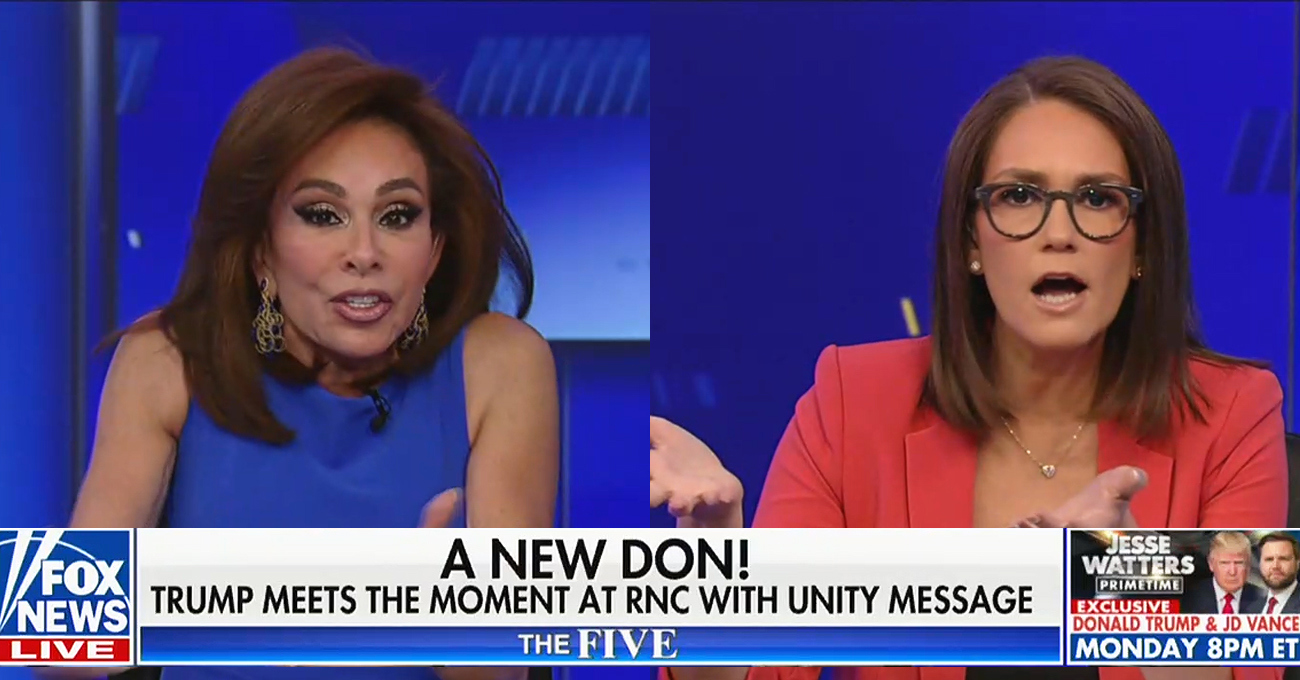
Table of Contents
Tarlov's Arguments Against Pirro's Trade Policy
Tarlov has launched a significant critique of Pirro's approach to the Canada trade war, arguing that her policies are short-sighted and ultimately detrimental to the US economy. Tarlov's main criticisms center around the potential for negative economic repercussions and the lack of consideration for alternative negotiation strategies.
-
Detrimental Impact on Canadian Farmers: Tarlov argues that Pirro's aggressive trade policies, particularly the imposition of high tariffs, are disproportionately harming Canadian farmers, leading to significant economic hardship and potentially triggering retaliatory measures. This disruption to agricultural trade negatively impacts both nations.
-
Retaliatory Tariffs from Canada: A key point of contention is the potential for Canada to retaliate with its own tariffs on US goods. Tarlov warns that such actions could escalate the trade war, leading to significant damage to US industries and consumers. The risk of a full-blown trade war warrants careful consideration of alternative strategies.
-
Alternative Trade Negotiation Strategies: Tarlov advocates for a more nuanced approach to trade negotiations, suggesting that diplomatic solutions and compromise are more effective than aggressive protectionism. He proposes exploring alternative strategies that minimize economic harm while still protecting US interests. These strategies include focusing on specific sectors rather than broad-based tariffs.
Supporting Tarlov's claims are several independent economic analyses that predict significant job losses and economic downturn under Pirro's proposed policies. In a recent interview, Tarlov stated, "Pirro's approach is a reckless gamble that puts American jobs and economic stability at risk."
Pirro's Defense of Her Trade Stance
Pirro, in defense of her trade policies, maintains that strong protectionist measures are necessary to safeguard US industries and stimulate economic growth. Her arguments focus on the need to protect domestic industries and correct perceived imbalances in trade.
-
Protection of US Industries: Pirro emphasizes the need to protect strategically important US industries from unfair competition. She argues that high tariffs are a necessary tool to level the playing field and allow US businesses to thrive. This protectionist stance is based on the belief that certain industries are vital for national security.
-
Long-Term Economic Benefits: Pirro claims her policies will lead to long-term economic growth by strengthening domestic industries and reducing reliance on foreign goods. She asserts that the short-term pain of higher prices will be offset by future economic gains.
-
Refutation of Tarlov's Claims: Pirro directly refutes Tarlov's concerns about the negative economic consequences of her policies. She argues that her projections show positive economic growth, and that the potential for retaliatory tariffs is overstated. Her supporters point to increased domestic production in several sectors as evidence of her policy's success.
Pirro's stance is supported by various think tanks and economists who advocate for protectionist measures. In a recent public statement, Pirro affirmed, "My policies are designed to protect American jobs and ensure the long-term prosperity of our nation."
Analysis of the Disagreement and its Implications
The core disagreement between Tarlov and Pirro lies in their fundamental approach to trade: Tarlov advocates for negotiation and compromise, while Pirro champions strong protectionism. The implications of each position are significant for the US-Canada trade relationship and the global economy.
-
Impact on Bilateral Trade Agreements: The ongoing dispute could seriously undermine existing bilateral trade agreements between the US and Canada, potentially leading to renegotiations or even the collapse of crucial trade partnerships. This instability could impact other international trade agreements.
-
Potential for Escalation of Trade Tensions: The current disagreement could escalate into a broader trade war, with both countries imposing retaliatory tariffs on a wider range of goods. Such a scenario would severely damage both economies and disrupt global supply chains.
-
Effect on Consumer Prices: Regardless of the outcome, consumers in both countries are likely to experience higher prices on various goods due to increased tariffs and trade restrictions. This inflationary pressure could impact living standards.
The disagreement highlights the complex nature of international trade and the significant economic and political consequences of different policy choices.
Potential Resolutions and Future Outlook
Several potential resolutions could emerge from this trade dispute.
-
Negotiation and Compromise: Both sides could engage in constructive dialogue to find common ground and reach a mutually acceptable compromise. This might involve targeted tariff adjustments or the implementation of new trade agreements.
-
Continued Escalation and Potential Trade War: If negotiations fail, the conflict could escalate further, leading to a full-blown trade war with severe economic consequences for both nations.
-
Intervention by Higher Authorities: Higher authorities, such as the World Trade Organization or other international bodies, could intervene to mediate the dispute and promote a peaceful resolution. International pressure could encourage compromise.
The outcome of this conflict will significantly shape the future of US-Canada trade relations, impacting economic stability and political cooperation between the two nations.
Conclusion
Tarlov's challenge to Pirro's position on the Canada trade war highlights a fundamental disagreement over the best approach to trade policy: negotiation versus protectionism. The potential implications of this conflict are far-reaching, impacting bilateral trade agreements, consumer prices, and the overall stability of the US-Canada economic relationship. The ongoing debate between Tarlov and Pirro underscores the critical need for careful consideration of the economic and political consequences of different trade strategies. Stay tuned for further updates on this crucial Canada trade war debate and its implications for both nations. Continue to follow the discussion surrounding Tarlov and Pirro's positions on this critical issue, as the outcome will profoundly affect the future of US-Canada trade relations and potentially set a precedent for future international trade disputes.

Featured Posts
-
 Trumps D C Prosecutor Choice Jeanine Pirro
May 09, 2025
Trumps D C Prosecutor Choice Jeanine Pirro
May 09, 2025 -
 Tomas Hertls Dominant Performance Golden Knights Beat Red Wings
May 09, 2025
Tomas Hertls Dominant Performance Golden Knights Beat Red Wings
May 09, 2025 -
 Dakota Dzhonson Proval Goda Po Versii Zolotoy Maliny
May 09, 2025
Dakota Dzhonson Proval Goda Po Versii Zolotoy Maliny
May 09, 2025 -
 Trumps Surgeon General Nominee Casey Means And The Maha Movement
May 09, 2025
Trumps Surgeon General Nominee Casey Means And The Maha Movement
May 09, 2025 -
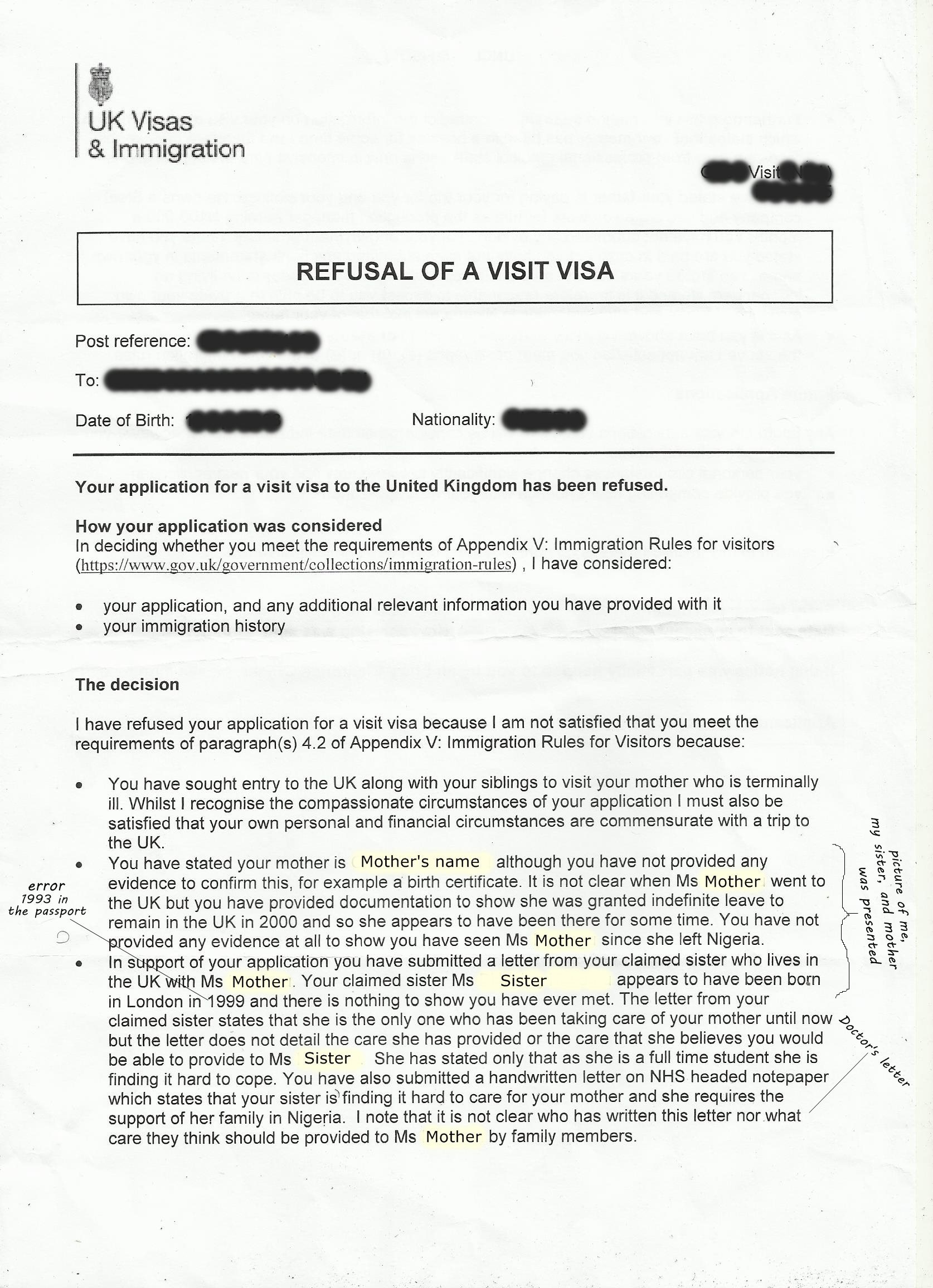 Uk Visa Application Changes Potential Nationality Based Restrictions
May 09, 2025
Uk Visa Application Changes Potential Nationality Based Restrictions
May 09, 2025
Latest Posts
-
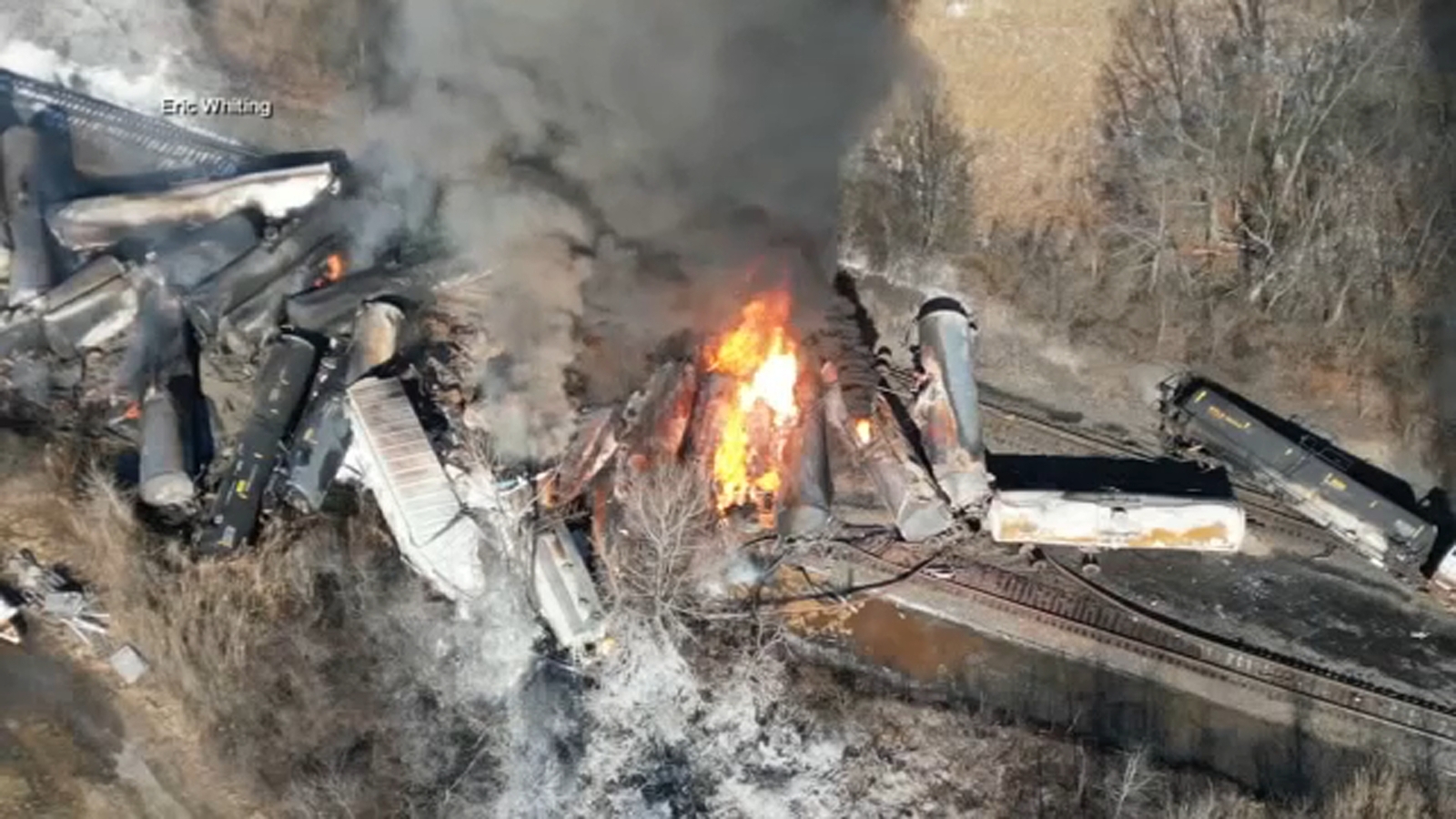 The Lingering Threat Toxic Chemicals In Buildings Months After The Ohio Train Derailment
May 10, 2025
The Lingering Threat Toxic Chemicals In Buildings Months After The Ohio Train Derailment
May 10, 2025 -
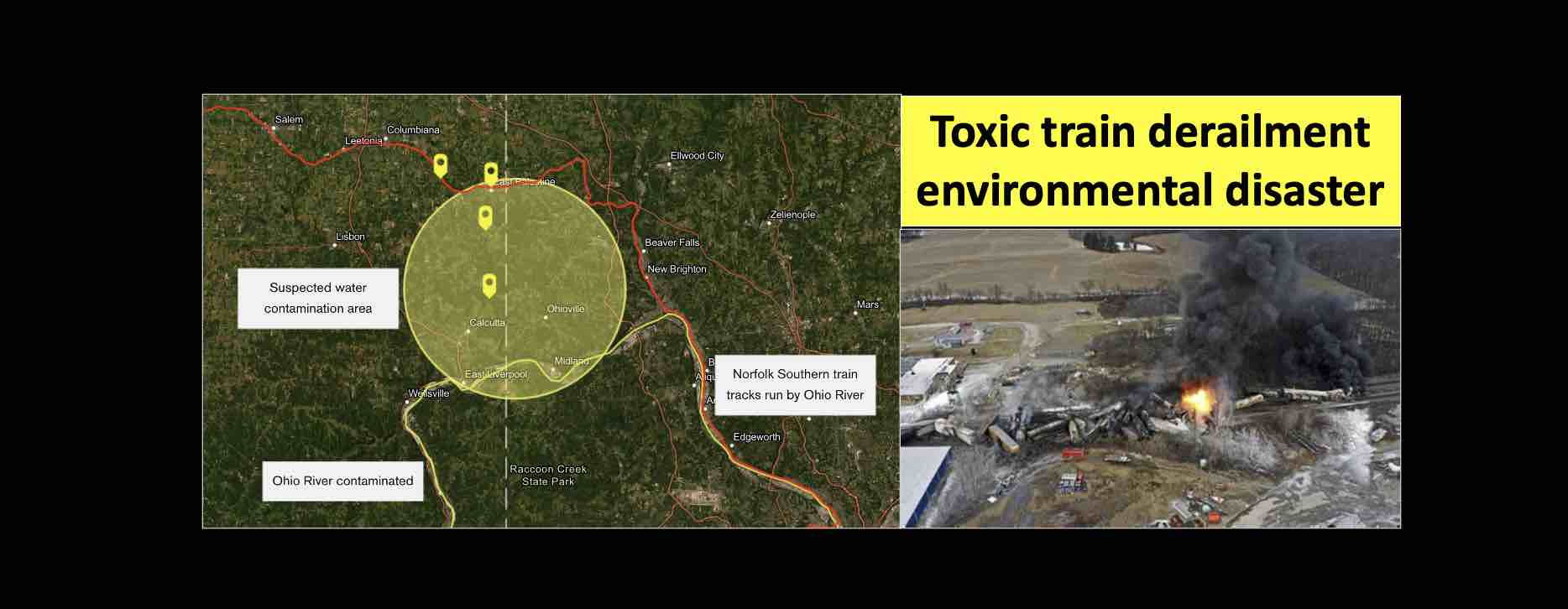 Toxic Chemical Residue From Ohio Train Disaster A Building By Building Assessment
May 10, 2025
Toxic Chemical Residue From Ohio Train Disaster A Building By Building Assessment
May 10, 2025 -
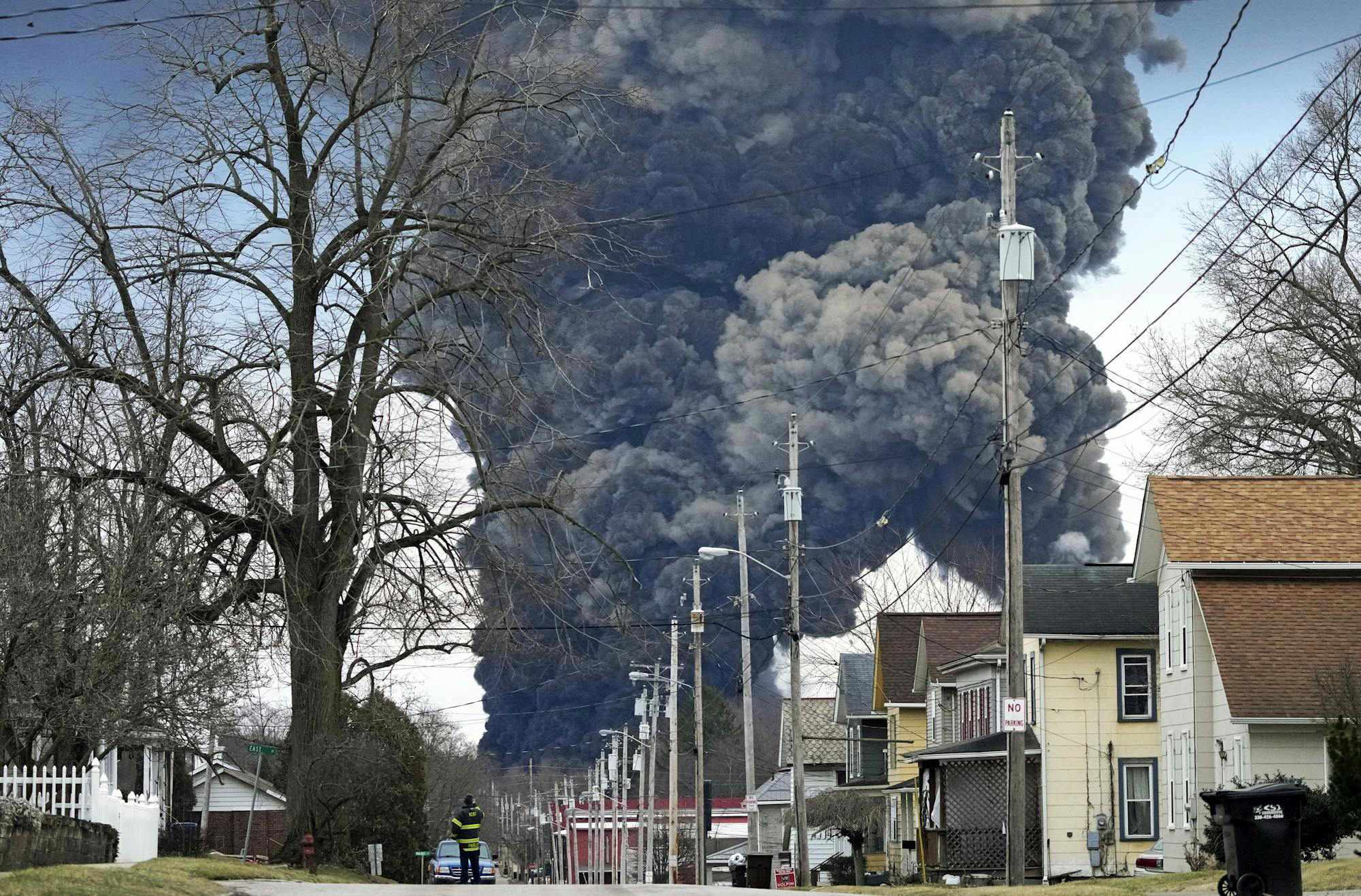 Ohio Derailment Investigation Into Lingering Toxic Chemicals In Buildings
May 10, 2025
Ohio Derailment Investigation Into Lingering Toxic Chemicals In Buildings
May 10, 2025 -
 Analyzing Androids New Look Will It Win Over Gen Z
May 10, 2025
Analyzing Androids New Look Will It Win Over Gen Z
May 10, 2025 -
 The New Android Design A Gen Z Perspective
May 10, 2025
The New Android Design A Gen Z Perspective
May 10, 2025
